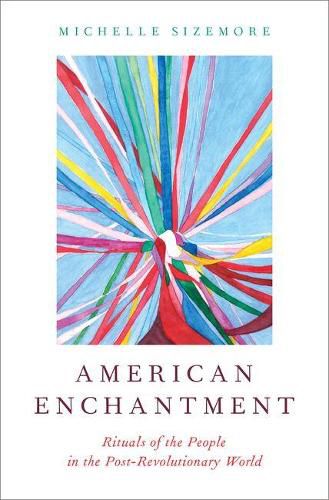The demise of the monarchy and the bodily absence of a King caused a representational crisis in the early republic, forcing the American people to reconstruct the social symbolic order in a new and unfamiliar way. Social historians have routinely understood the Revolution and the early republic as projects dedicated to and productive of reason, with the people as an orderly and sensible collective at odds with the volatile and unthinking crowd. American Enchantment rejects this traditionally held vision of a rational public sphere, arguing that early Americans dealt with the post-monarchical crisis by engaging in civil mysticism, not systematic discussion and debate. By evaluating a wide range of social and political rituals and literary and cultural discourses, Sizemore shows how enchantment becomes a vital mode of enacting the people after the demise of traditional monarchical forms. In works by Charles Brockden Brown, Washington Irving, Catharine Sedgwick, and Nathaniel Hawthorne–as well as in Delaware oral histories, accounts of George Washington’s inauguration, and Methodist conversion narratives–enchantment is an experience uniquely capable of producing new forms of popular power and social affiliation. Recognizing the role of enchantment in constituting the people overturns some of the most common-sense assumptions in the post-revolutionary world: above all, that the people are not simply a flesh-and-blood substance, but also a mystical force.





